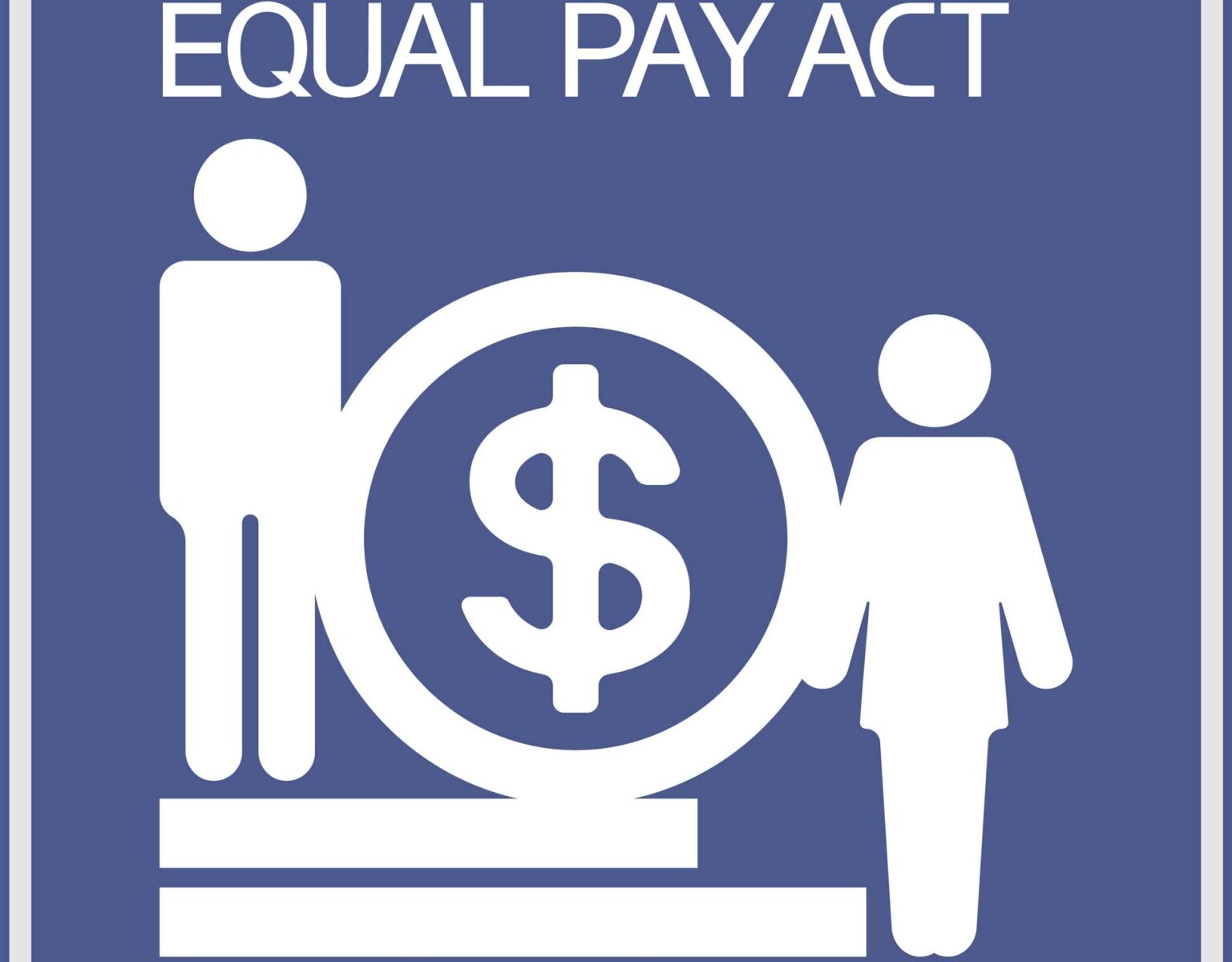SB399: The Worker Freedom From Employment Intimidation Act
California has long been a legislative trailblazer, driving progressive reforms that protect employees’ rights and promote workplace equity. The introduction of Senate Bill 399, also known as the California Worker Freedom from Employment Intimidation Act (the Act), is yet another step toward ensuring that employees can work free from coercion or fear.
This blog unpacks the intricacies of California Senate Bill 399 and what it means for employees across the state. Whether you’re an employee concerned about workplace protections or an employer navigating compliance, this guide helps clarify the Act’s key provisions, its impact, and its implications for the future of the workforce in California.
What Is California Senate Bill 399?
California Senate Bill 399 (SB 399) addresses a critical issue that many workers face but may not openly discuss—intimidation or coercion by employers during work hours, especially regarding personal beliefs, political activities, or unionization efforts. Championed by labor advocates, SB 399 makes it illegal for California employers to compel workers to participate in meetings or activities unrelated to their job performance, particularly if those meetings involve political or religious discussions.
Titled the “California Worker Freedom from Employment Intimidation Act,” the bill seeks to draw a line between professional obligations and personal autonomy, highlighting the state’s commitment to defending the rights of its workers.
How the Act Affects California Employees
For California employees, SB 399 represents a significant victory. Under the Act, employers are restricted from requiring workers to attend or engage in activities where political or religious positions may be endorsed or mandated. This change empowers employees with the freedom to maintain their personal beliefs without feeling pressured to conform to their employer’s stance.
For example, imagine being asked to attend a mandatory meeting endorsing a particular political candidate or initiative unrelated to your role. Under SB 399, such coercion is now prohibited, giving workers the peace of mind that their job security does not hinge on aligning with their employer’s political or religious preferences.
Key Provisions of SB 399
Here are the foundational protections and provisions of the Act:
- Prohibited Activities
According to SB 399, employers cannot require employees to participate in workplace meetings or discussions regarding:
- Political issues or opinions
- Religious beliefs or practices
- Support or opposition to labor union activities
- Retaliation Safeguards
Any form of retaliation against an employee for refusing to participate in these discussions is strictly forbidden. This includes terminating, demoting, or discriminating against workers exercising their rights under the Act.
- Exemptions for Religious Organizations
Religious organizations are granted limited exemptions under SB 399. If an employer’s primary purpose is religious, conversations concerning faith may legally occur as part of the work environment, given that they directly relate to the organization’s mission.
- Employee Right to Recourse
Workers who believe their rights under the Act have been violated can pursue legal recourse. Employees may file complaints through California’s Labor Commissioner, or, in some cases, take legal action against their employer to seek compensation or remediation.
These provisions collectively aim to protect employees from unnecessary coercion in their workplace, ensuring their personal beliefs are not used as leverage by their employer.
The Legislative Pathway of SB 399
Every piece of legislation goes through a rigorous process before becoming law, and SB 399 is no different. Introduced by Senator Maria Elena Durazo, the bill garnered widespread support from workers’ advocates, labor unions, and civil rights organizations.
The California Legislature debated numerous elements of the bill, particularly its broader implications for employer-employee relationships. Proponents highlighted its role in improving workplace fairness, while critics raised questions about unintended consequences or challenges in enforcing the law. Ultimately, SB 399 was signed into law by Governor Gavin Newsom, solidifying California’s stance against workplace intimidation.
The Act’s Implications for Employers and Employees
SB 399 has implications for both employees and their employers. For employees, the Act guarantees stronger workplace protections, enhancing trust and equity. It fosters an environment where individuals feel safe to express themselves and retain their autonomy over personal beliefs.
For employers, SB 399 necessitates a careful re-evaluation of workplace policies. Conducting mandatory meetings or communicating organizational endorsements of political or religious beliefs can now present legal risks. Organizations must adapt their internal procedures to ensure full compliance with the Act’s requirements – missteps could lead to costly lawsuits or reputational damage.
Compliance and Implementation Guidelines for Employers
Employers can follow these steps to ensure smooth implementation and compliance with SB 399:
- Educate Leadership and HR Teams
Train leadership and HR staff to understand the nuances of SB 399. This includes clearly distinguishing between permissible workplace discussions and those that fall under the Act’s prohibitions.
- Update Employee Handbooks
Update company policies and employee handbooks to reflect the new rights protected under SB 399, ensuring transparency for workers.
- Develop Clear Complaint Mechanisms
Establish straightforward processes where employees can report suspected violations anonymously without fear of retaliation.
- Consult Legal Experts
Legal counsel familiar with employment law in California can assist in aligning policies with all facets of SB 399, reducing the risk of inadvertent violations.
By taking proactive steps, employers can ensure compliance while preserving an equitable workplace environment.
Future Outlook and Potential Revisions to SB 399
The passage of SB 399 sets a strong precedent for similar legislation at both the state and federal levels. Moving forward, policymakers may consider refining aspects of the bill, such as tightening its language to address potential loopholes or adding more robust enforcement frameworks.
Additionally, SB 399 is likely to spur conversations around balancing employer rights with employee protections beyond political or religious contexts. For example, as debates around workplace data privacy intensify, new legal developments could build upon the framework SB 399 has established.
Why SB 399 Matters for California Workers
California Senate Bill 399 represents a bold step forward in safeguarding worker freedoms. Far too often, the boundaries between professional obligations and personal beliefs can blur, creating environments where employees feel pressured to compromise their values. This Act affirms the rights of California workers to uphold their individuality without fear of retaliation or coercion.
By aligning workplace practices with this new legislation, California employers have the opportunity to lead by example and foster environments that respect diversity and encourage authentic employee engagement.
If you’re a California employee seeking further clarity on your rights or an employer looking to implement compliant practices, seek guidance from reputable legal professionals or labor organizations.
Chamber of Commerce Lawsuit to Stop Enforcement
The California Chamber of Commerce’s lawsuit to block SB 399 highlights the friction between protecting workers’ rights and preserving long-standing employer practices. The Chamber represents numerous business interests and has historically opposed legislation perceived as limiting employer authority or imposing new compliance burdens. Captive audience meetings, which the legislation seeks to restrict, have remained a tool for employers to disseminate messaging, particularly during union organizing efforts or discussions on workplace policies. By challenging SB 399, the Chamber aims to preserve these employer-led forums, which critics argue can coerce employees into engaging with one-sided rhetoric. This dynamic underscores the Chamber’s vested interest in maintaining practices that enable employers to control workplace narratives, often to the detriment of unbiased employee decision-making.
Like this:
Like Loading...






